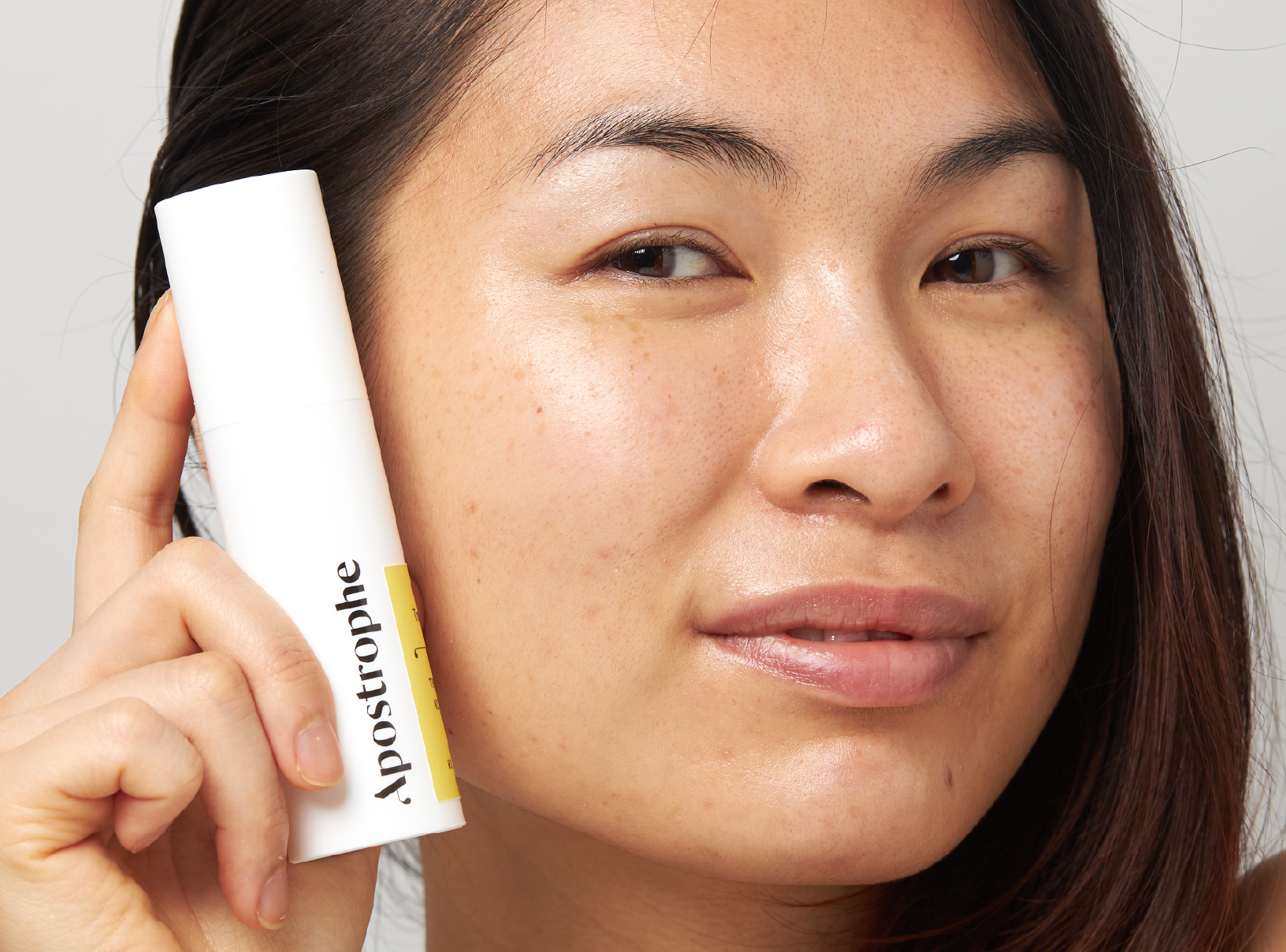Education
Best hormonal acne treatment
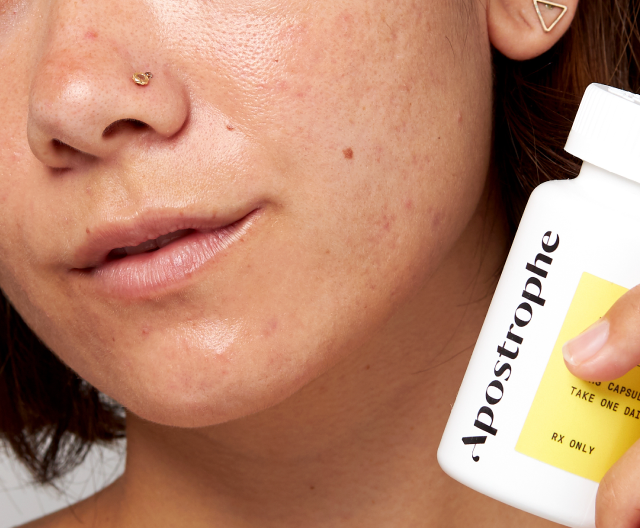
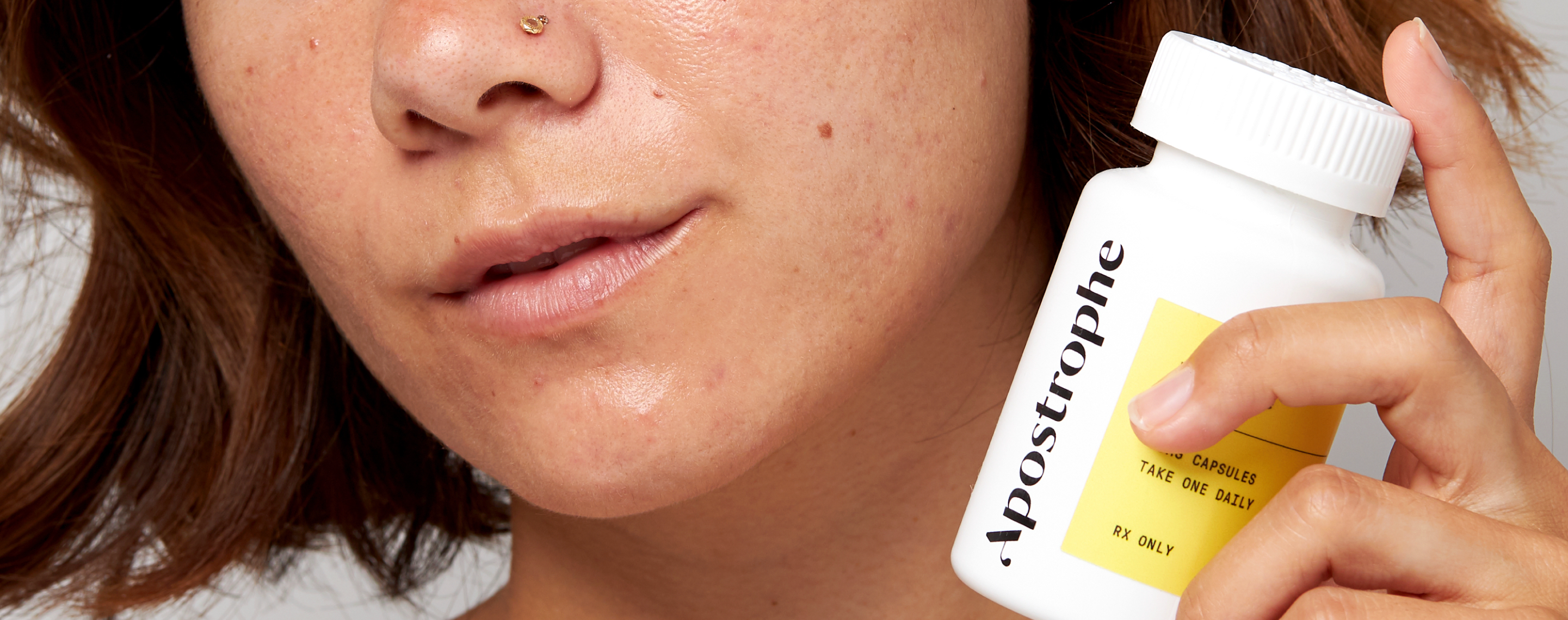
SHARE
Education
Best hormonal acne treatment
Medically reviewed by Katelyn Hagerty FNP
Written by Apostrophe Team
Last updated 4/1/2024
You may have had your first pimples when you were a teenager and thought it would pass as you moved into adulthood. But for many women, acne is a lifelong companion. One that worsens around the same time each month.
Acne is more common in women than men, across all age groups, and many women experience the worst acne symptoms during the premenstrual stage of their cycle.
In other words, acne has ties to hormones.
What Is Hormonal Acne?
We commonly refer to hormonal acne as acne that worsens or improves during certain periods of a woman’s menstrual cycle, but in reality, all acne could be considered “hormonal.”
In fact, the rise of acne in teens is due to the increase in androgen (male hormone) production during puberty.
Hormonal factors are always at play with acne, but for simplicity’s sake, we’ll discuss acne related to a woman’s cycle, also known as cyclical or premenstrual acne.
All acne involves the production of sebum, dead skin cells clogging your pores or follicular keratinization, the presence of P. acnes bacteria (now called C. acnes bacteria), and inflammation.
Hormones can influence these factors, but especially the production of sebum. Hormones implicated in acne include: androgens or male hormones, estrogen, progesterone, insulin, glucocorticoids, melanocortins, and more.
Of all of these, androgens are most likely to affect acne.
Sixty to seventy percent of women experience worsening acne during their premenstrual period, but it’s also more common in women who are premenopausal and pregnant.
During these periods, there is an increase in androgenic activity.
If your acne is being triggered by hormonal fluctuations or abnormalities, it’s likely your acne lesions are concentrated along your jawline.
All this said, if your acne comes with a side of abnormal facial hair growth (hirsutism) and irregular periods, you may want to talk with your healthcare provider about the possibility of an endocrine disorder, such as PCOS. These could be signs of hyperandrogenism, or that your body is producing too many male hormones.
Treating Hormonal Acne
There are a few different treatment options that target the hormones that may be causing your acne. Here are the most common hormonal therapies:
Oral contraceptives
Birth control pills suppress the production of androgens by the ovaries. Progestin-only pills can worsen acne, so typically those that combine an estrogen (such as ethinyl estradiol) and progestin are prescribed for hormonal acne.
By decreasing androgen production, oral birth control pills decrease oil production. They do this by limiting luteinizing hormone produced by the pituitary gland, androgens produced by the adrenal glands, and 5a-reductase (which converts testosterone to dihydrotestosterone) in the skin.
Numerous studies have shown oral contraceptives — some marketed specifically to help control acne — as effective choices in the fight against hormonal acne. As a bonus, they prevent pregnancy, so they’re a good choice for women who also want the birth control effects.
Spironolactone
Spironolactone is a drug that’s been used for more than 30 years in the off-label treatment of acne. It decreases testosterone production and the conversion to DHT.
While spironolactone can lead to sexual side effects in men, it seems to be better tolerated in women. That said, women taking spironolactone should take it in conjunction with contraceptives, as it can increase the risk of birth defects.
Other hormonal treatments include flutamide, a less common drug used to treat prostate cancer, and cyproterone acetate, which isn’t approved for use in the United States.
When Hormonal Treatments Aren’t Enough
Often, acne treatments are used in conjunction with one another. So your healthcare provider may suggest you take an oral contraceptive along with other treatments for maximum relief from your hormonal breakouts. While there are many different acne medications on the market. Here are some of the more common:
Retinoids
Topical retinoids are often used in conjunction with oral contraceptives. Medications such as adapalene and tretinoin may be used in women with mild to moderate acne. Some concentrations of these medications may be found over the counter, while others are available with a prescription.
Benzoyl peroxide
Benzoyl peroxide is one of the most common over-the-counter topical treatments for acne. It works to fight blocked pores and bacteria. It is most often recommended alongside a topical antibiotic or other additional acne treatments.
Topical antibiotics
Topical antibiotics such as clindamycin and erythromycin can be used to combat the bacteria that cause acne. However, you can build a resistance to these medications, so they’re not typically prescribed in isolation.
Oral antibiotics
Oral antibiotics such as tetracycline are often prescribed alongside topical solutions. They can be effective in helping women overcome acne but can lead to birth defects, so should not be used by women that might become pregnant.
Isotretinoin
Isotretinoin can lead to birth defects too, so it is often prescribed as a sort of last-resort solution for women with severe acne. It is highly effective but has serious potential side effects. A dermatologist or healthcare professional can help you weigh the benefits vs. risks of a medication like isotretinoin.
Final Words on the Best Treatment for Hormonal Acne Treatment
Hormones play an undeniable role in the occurrence of acne. Many women struggle with worsening acne throughout their menstrual cycle and their lives.
Fortunately, there are medical solutions to help treat this acne and keep it at bay.
Oral contraceptives are often a fairly easy treatment for hormonal acne and are also well tolerated. They may be prescribed alongside other topical solutions.
For women whose hormonal acne is a sign of a more dramatic hormonal imbalance, other treatments may be appropriate.
Shop this post
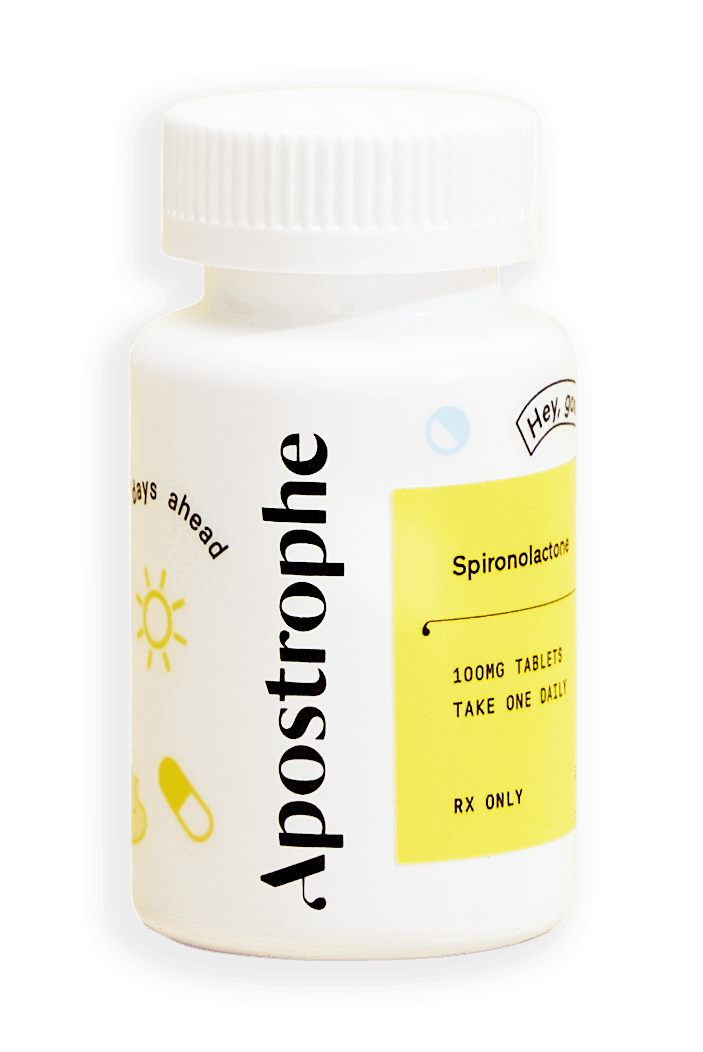
Oral Spironolactone
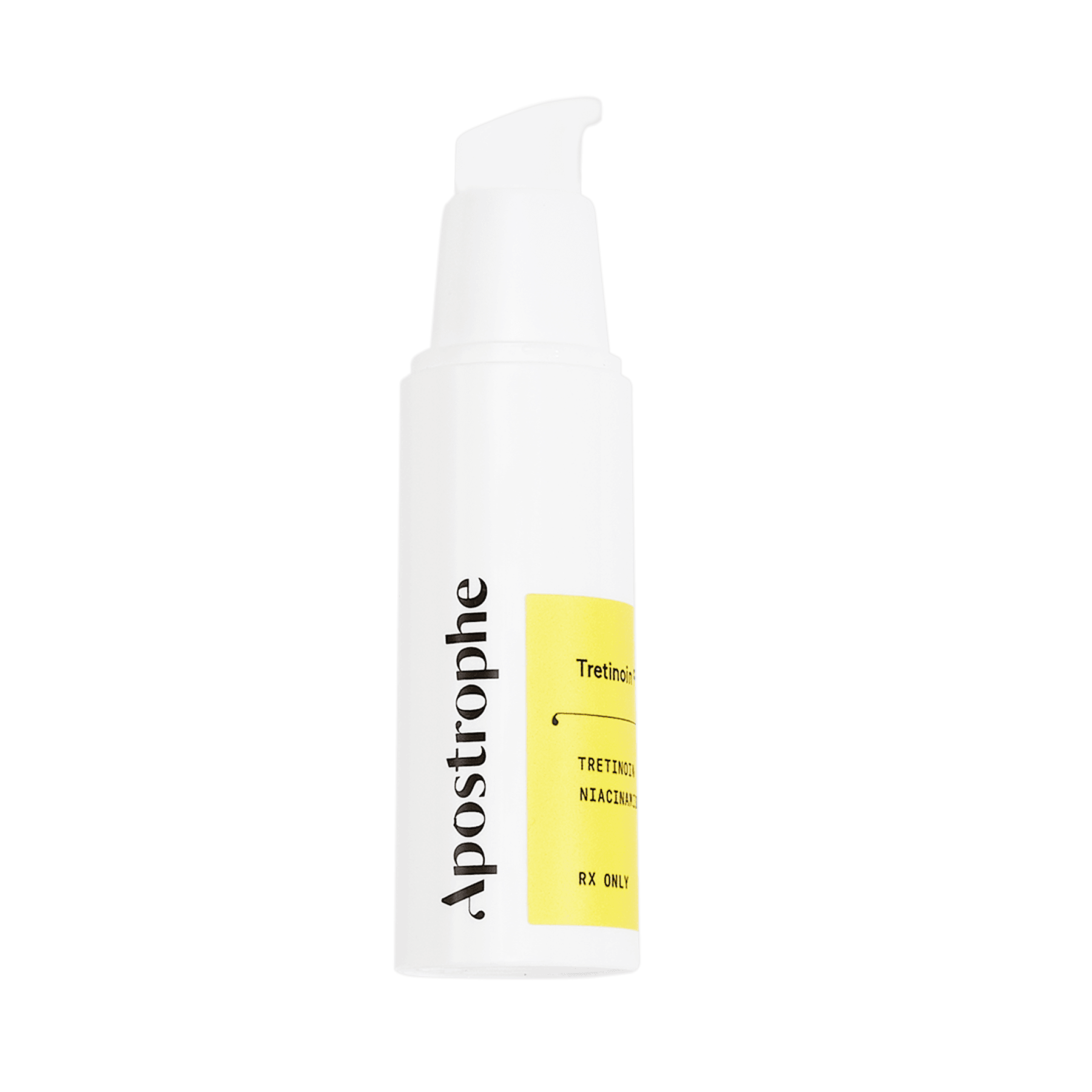
Tretinoin
Like what you just read? Sign up for our email list to get the scoop on skincare science delivered straight to your inbox.

Education
What is milia?
What is milia? Today, we’re jumping into one type of bump that you may have heard about most commonly in infants — milia.
Read More
Education
Best moisturizer for acne-prone skin
If you have combination acne-prone skin, figuring out which moisturizer is best for your skin might be tough. In this guide, we break down the best moisturizer for combination, acne-prone skin.
Read More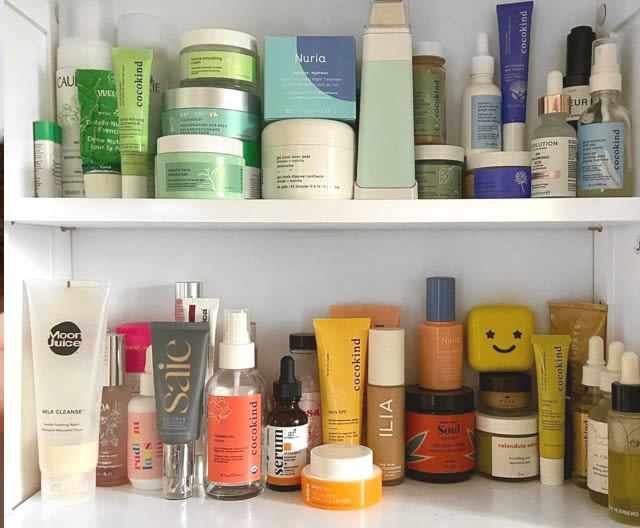
Education
How to build a face care routine
As you get into skincare, it might seem overwhelming, especially trying to figure out the order you're supposed to apply products in. Below, we detail how to build a face care routine for your skin!
Read More